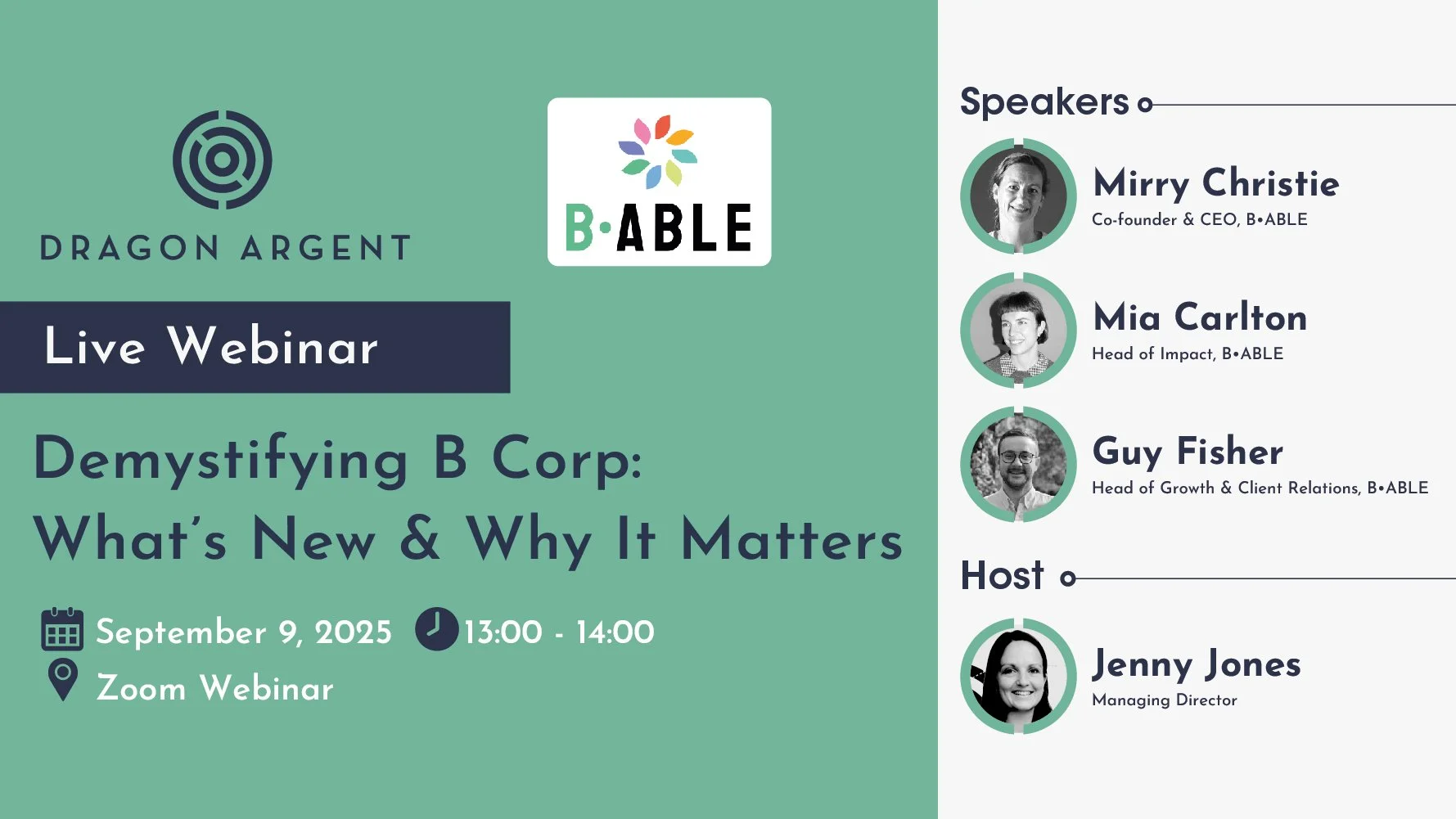Getty Images Narrows UK Case Against Stability AI Amid Evidentiary Challenges
Getty Images, a leading US-based supplier of stock images and visual content, has scaled back its high-profile copyright infringement case against UK-based Stability AI, the developer of the generative AI model Stable Diffusion. The dispute, Getty Images v Stability AI [2023] EWHC 3090 (Ch), marks the first major legal challenge in the UK against an AI developer over the use of copyrighted material in training AI systems.
The Original Claims: Copyright and Database Rights Infringement
Getty initially alleged that Stability AI had unlawfully used millions of its copyrighted images – some bearing Getty’s watermark – to train Stable Diffusion. It also claimed that the AI’s outputs reproduced protected content to such an extent that they infringed Getty’s intellectual property.
However, in a significant strategic shift, Getty has now withdrawn these core claims in the UK proceedings. This decision appears driven by the substantial legal and evidentiary hurdles, possibly including the below.
The AI outputs incorporated a “substantial part” of Getty’s copyrighted works – a key requirement for infringement under UK law.
The infringing acts (training the AI) occurred within the UK jurisdiction. Stability AI relied on US-based Amazon servers for training its model, complicating the application of UK copyright law.
Getty may have also faced difficulties in securing expert evidence that could conclusively demonstrate infringement given the technical complexities of AI training processes.
The Surviving Claims: Trade Mark Infringement and Passing Off
Getty’s case now focuses on secondary infringement claims, primarily:
Trade Mark Infringement: Getty argues that Stable Diffusion’s outputs sometimes retain distorted versions of its watermark, misleading users into believing Getty endorses or is associated with the AI-generated images.
"Importing an infringing article" under UK law: Even if training occurred outside the UK, Getty contends that Stability AI’s use of the model within the UK could still constitute infringement.
Why This Matters
The case highlights the jurisdictional and evidentiary challenges in applying traditional copyright frameworks to AI development. If Getty succeeds on its remaining claims, it could set a precedent for how trade marks and secondary infringement doctrines apply to generative AI. Conversely, the withdrawal of the primary claims underscores the difficulties rights holders face in proving infringement where training occurs across multiple jurisdictions.
Looking Ahead
A final judgment is expected later this year. Regardless of the outcome, the case underscores the need for legal clarity around AI, intellectual property, and territorial enforcement – a challenge that will only grow as generative AI becomes more pervasive.
How We Can Help
At Dragon Argent, our Intellectual Property team specialises in navigating the evolving legal landscape of AI and IP. Whether you’re a tech company, artist, or creative professional, we provide strategic advice on protecting your rights in this uncharted territory. Contact us for tailored guidance on copyright, trade mark, and AI-related legal risks.
Speak to one of our IP Law solicitors today ↓
Written by:
Head of Litigation, IP & Art Law
Litigation, IP & Art Law Solicitor








